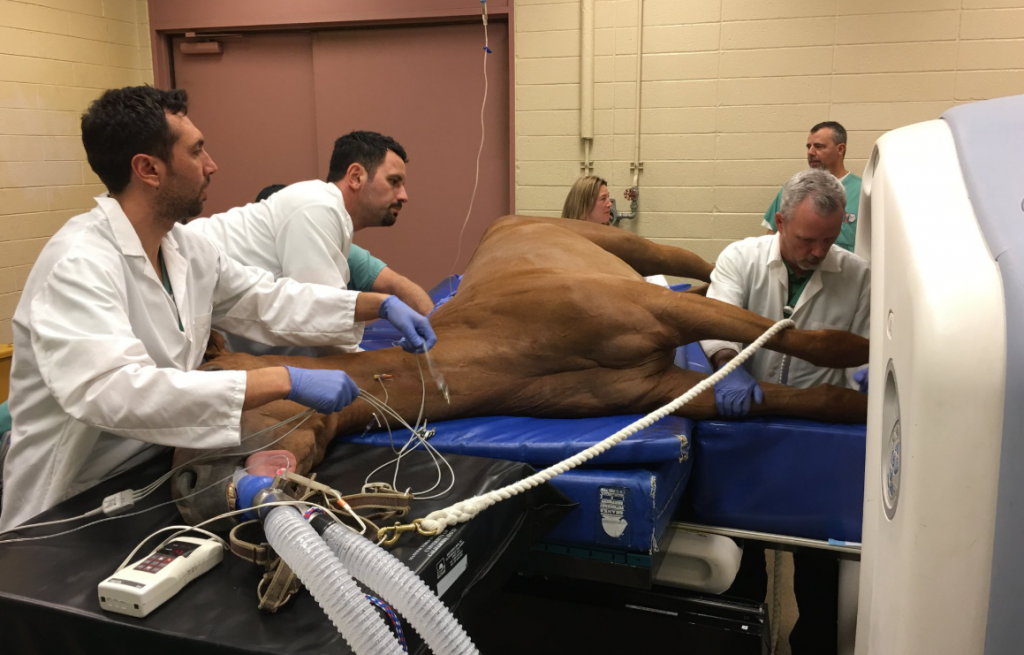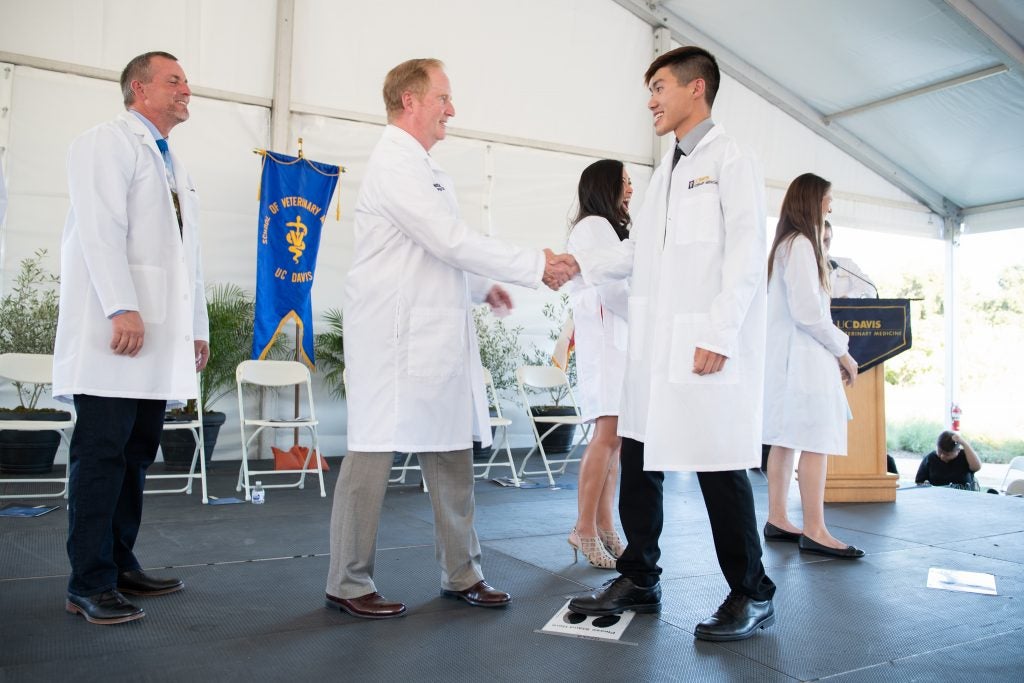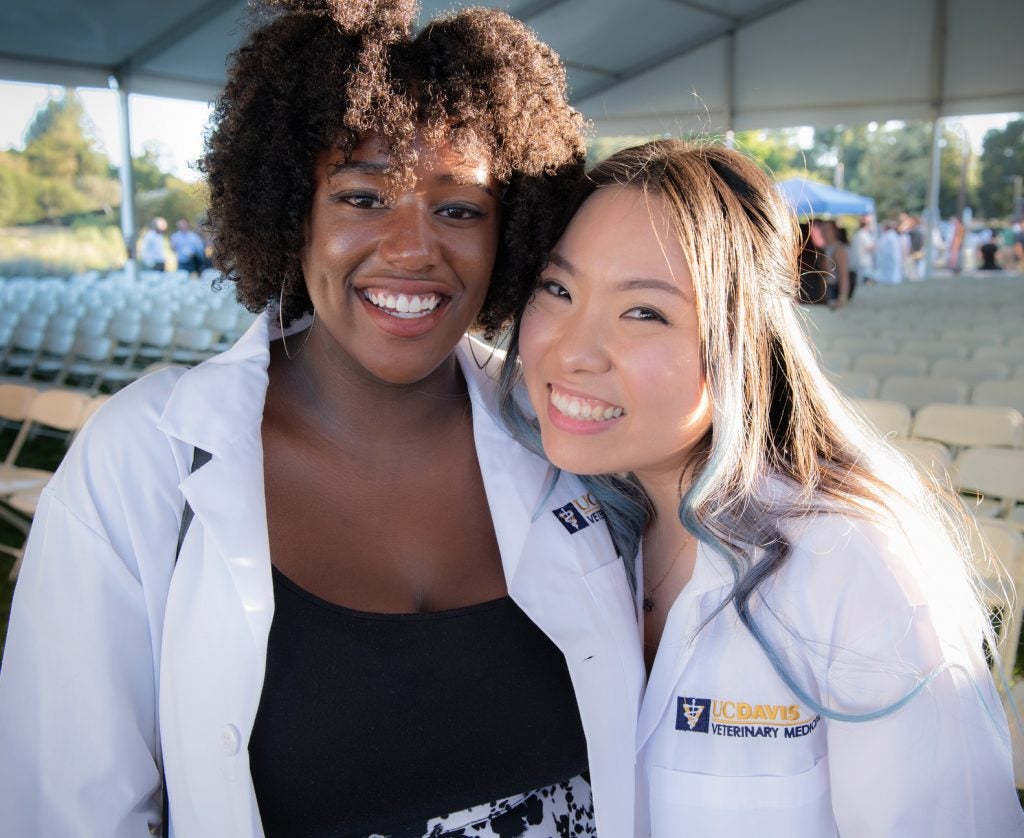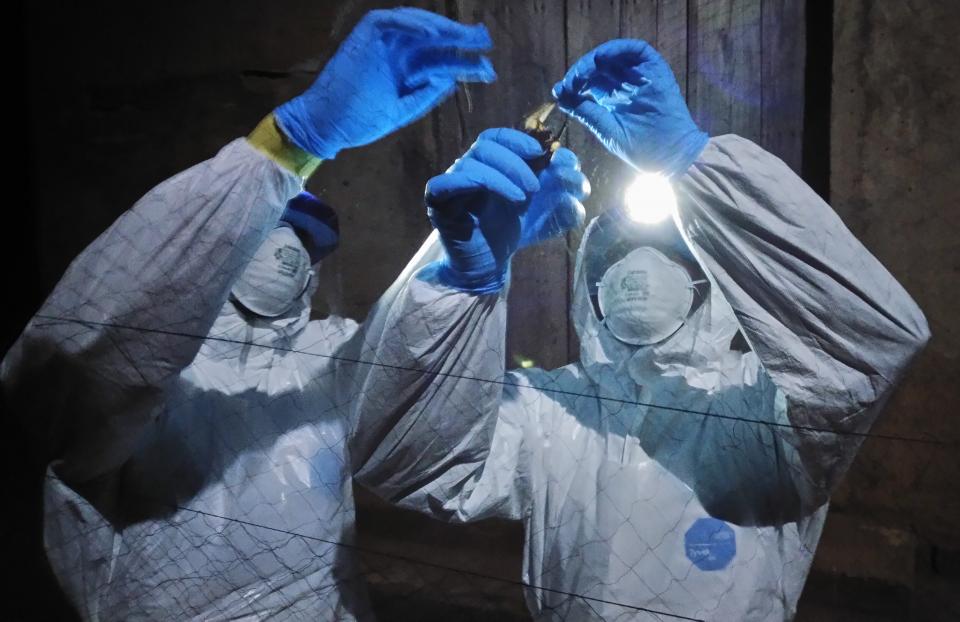“I love those who can smile in trouble, who can gather strength from distress, and grow brave by reflection.” –Leonardo da Vinci
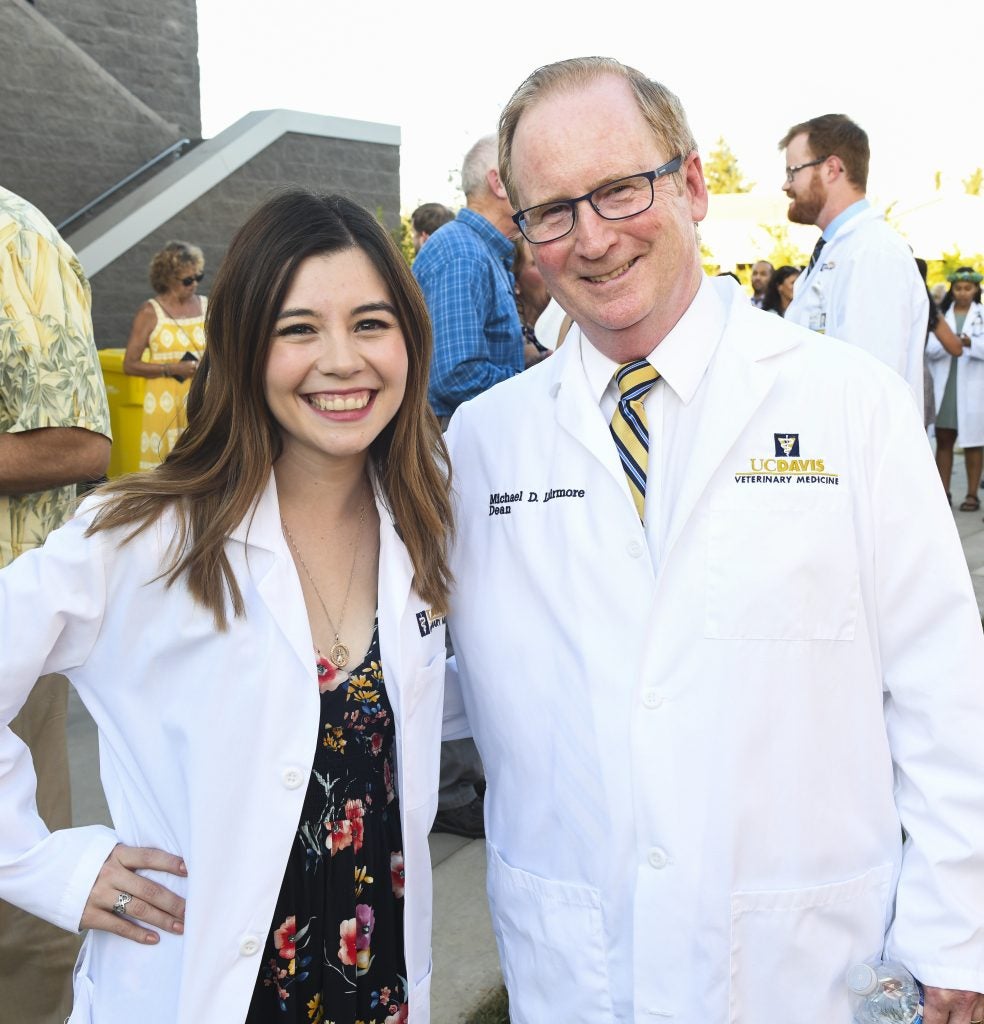 This time of year brings us reflections of the past year and ways to consider the events of our lives as a collection of memories both good and bad. We can then look to the future with expressions of hope. It is easy for me to be optimistic when I think of all that has occurred at the School in the past year—because those accomplishments are helping to create a better future.
This time of year brings us reflections of the past year and ways to consider the events of our lives as a collection of memories both good and bad. We can then look to the future with expressions of hope. It is easy for me to be optimistic when I think of all that has occurred at the School in the past year—because those accomplishments are helping to create a better future.
This year our scientists made discoveries of novel infectious disease agents at the interface of nature, animals, and people. They led efforts to uncover patterns in the world around us to advance our understanding of disease mechanisms and how to predict their impact in the future. Our clinicians, residents, and staff developed and executed clinical trials that translated their clinical perceptions about the conditions of their animal patients into evidence-based treatments to improve their lives. Our clinicians and staff, working in interdisciplinary teams, produced new tools to inform treatment plans and preserve animal health. Throughout this past year, our scientists reported on studies that helped us understand our natural world and ways to help preserve the animals and ecosystems we value.

